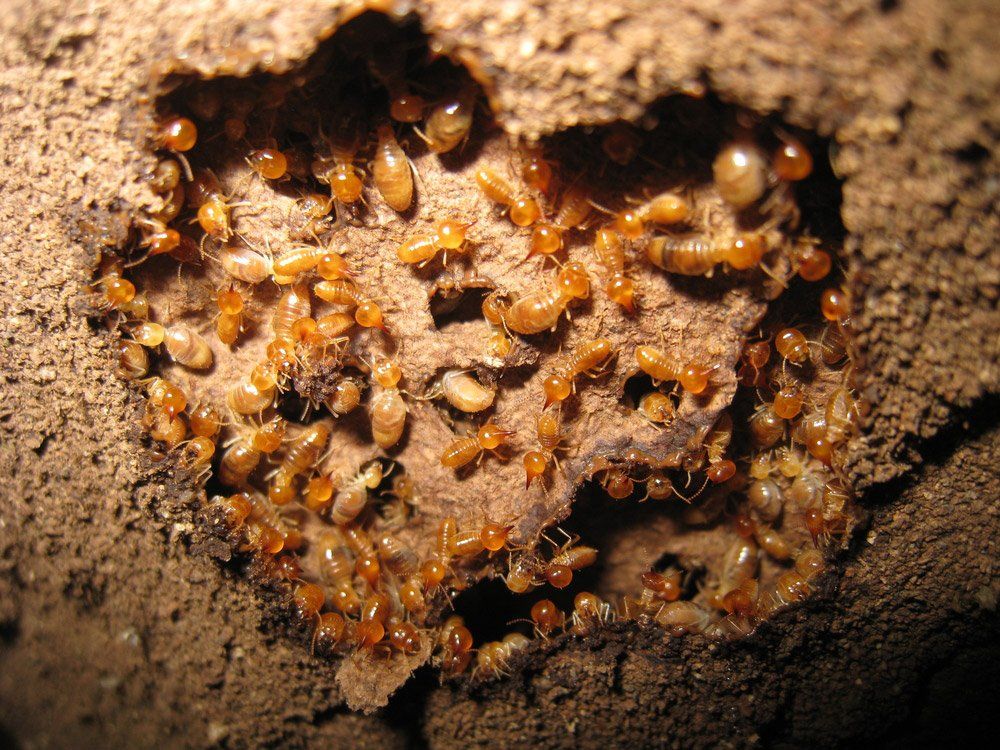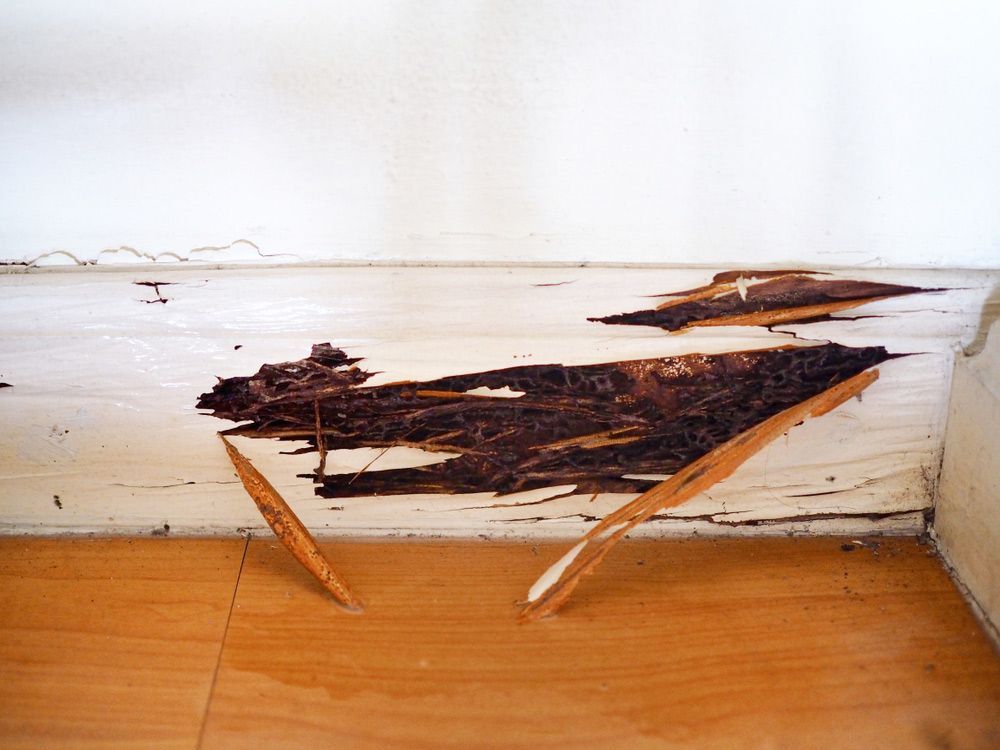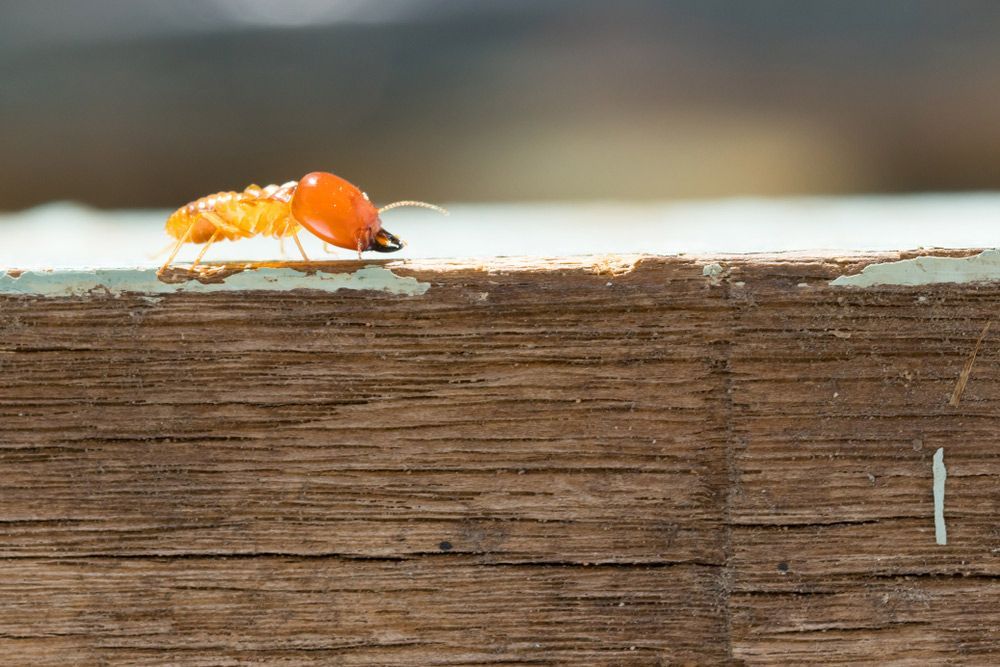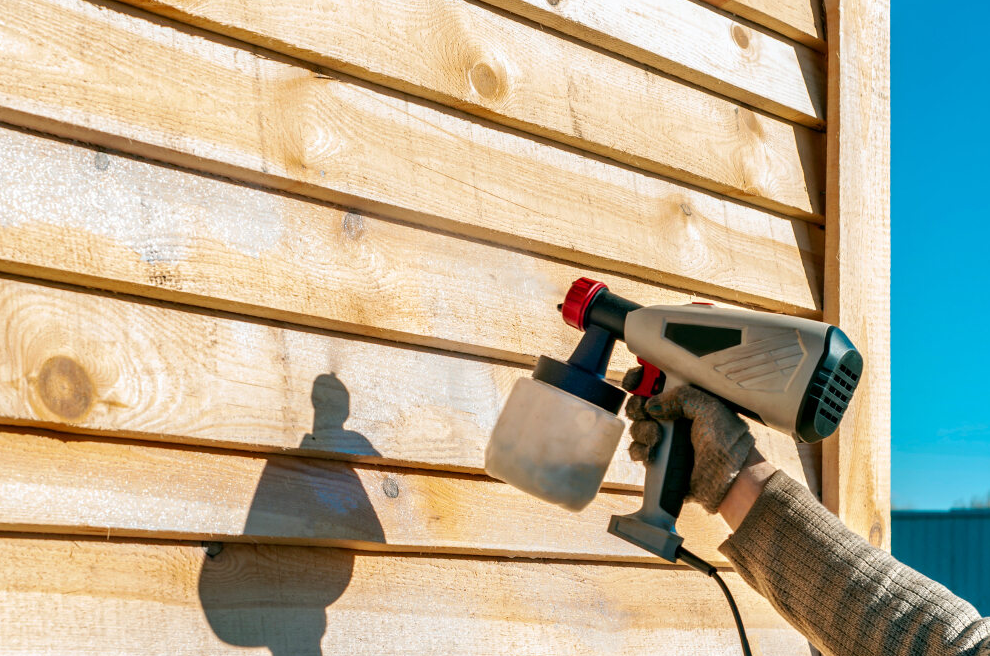How Long Does a Termite Barrier Last?

A termite barrier is an effective way to protect your property from termites. However, it's important to understand how long these barriers last in order to ensure that your property remains protected. Generally speaking, a termite barrier can last up to 30 years or more depending on the type of barrier used and the environment in which it's installed.
For further information about our termite treatments or to get a quote, please get in touch with us.
Types Of Termite Barriers & Their Lifespans
Physical Termite Barriers
- Physical barriers are one of the most common types of termite protection and they're designed to create a physical obstacle between your home and any potential infestation sites. Physical barriers can be constructed using metal sheeting, sand, concrete or other materials with varying levels of effectiveness.
- The lifespan of a physical barrier will depend on the material used and how well it is maintained over time. In some cases, physical barriers can last up to 30+ years with proper maintenance
Chemical Termite Barriers
- Chemical barriers are another popular form of termite protection, and they involve the application of a chemical termiticide around the perimeter of your home or other areas where termites might enter. These chemicals are designed to repel and kill any termites that come into contact with them, making it much more difficult for an infestation to occur.
- The lifespan of a chemical barrier depends on several factors such as the weather conditions in your area, type of chemical used and how often it is reapplied. Generally speaking, chemical barriers can last anywhere from three to five years before needing to be reapplied
Termite Baiting Stations
- Finally, baiting systems are also used as a form of termite protection. These systems involve the placement of bait stations around the perimeter of your home that contain a special chemical that is designed to attract and kill any termites in the area.
- The lifespan of baiting systems can vary significantly as some may need to be replaced or replenished every few months while others may last up to 5 years with proper maintenance.
Overall, no matter what type of termite barrier you use, it's important to make sure that you understand how long it will last so that you can properly plan for any future maintenance or reapplications that may be necessary. By understanding this information, you can ensure that your property stays protected from any potential infestations for many years to come.
What Will Shorten The Lifespan Of A Termite Barrier?
The following will reduce the effectiveness of your termite barriers:
- Poor installation
- Damage to the barrier from corrosion, cracking or tearing due to environmental factors
- Lack of maintenance
- Subterranean termite activity around or underneath the barrier
- Vegetation growing on or near the barrier which can provide a bridge for termites to cross
- Expansion of buildings and landscaping, which impacts the integrity of the barrier
- Construction near the barrier that may damage it
- Poorly maintained soil around the termite barrier
- Expansion of existing cracks or holes in the termite barrier which can allow termites to breach it
How to Improve the Effectiveness of Your Termite Defence
By adopting these tips, you can get the most out of your barriers and keep your property safe from termite invaders:
- Have your home professionally inspected for existing termite damage and activity.
- Use chemical as well as physical barriers around the perimeter of your home.
- Seal all cracks, crevices, and other entry points in walls and foundations with caulk or other sealants.
- Reduce moisture around the foundation of your home by ensuring proper drainage away from the building and by installing gutters or downspouts to control runoff water.
- Remove any wood debris, stumps, or dead trees near your home as they can provide an additional food source for termites.
- Install sand barriers between soil and wooden structures to prevent subterranean termites from tunnelling up into your home.
- Use pressure-treated wood in your home as it has higher levels of resistance to termites.
- Eliminate access points to your home by removing tree branches and other vegetation that can provide bridges from the ground to your structures.
- Replace any damaged or rotted wood around window frames, doors, and other exterior structures with treated materials.
- Regularly inspect the foundation and perimeter of your home for signs of termite activity, such as mud tubes or discarded wings, and contact a pest control professional if you suspect an infestation is present.
At All Pest Solutions, we can implement termite barriers—as well as other termite protection measures and treatments—to defend your property. Our services are available for clients across a broad region – including the Northern Rivers, Mid North Coast and the Gold Coast.
To arrange a service, call us today on 1300 364 509 or fill out our simple contact form. We’ll do everything in our power to eradicate and prevent infestations promptly and at a price that won’t burrow into your savings.











